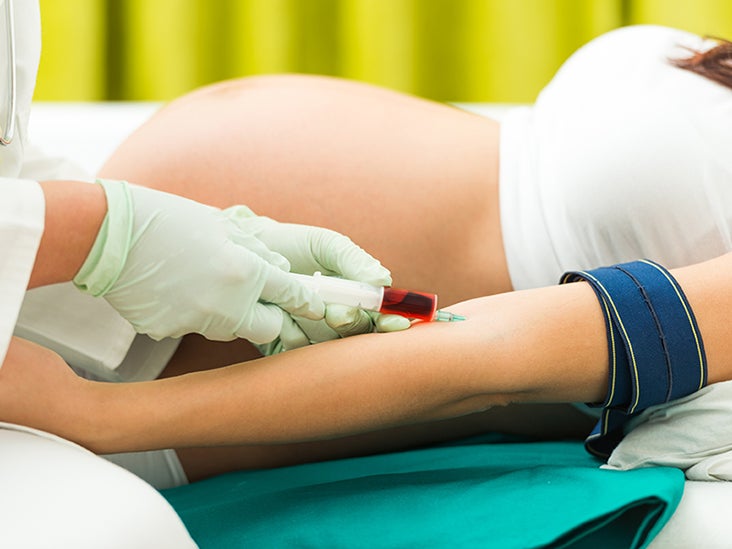(The Chlamydia Test easily and quickly checks for Chlamydia.) Chlamydia is an STD (sexually transmitted disease) that affects the reproductive organs like cervix, ovaries, fallopian tubes, and vagina. (The most commonly spread form of Chlamydia is Chlamydia Untreated.) Most women are not aware that they have Chlamydia until they get a painful infection or see a pink or gray spot on their skin.
(The ever-popular, at-home Chlamydia Test enables you to test for Chlamydia without a doctor’s visit. If you get a positive result from the at-home test, you then have the choice to connect to a health care provider in the network who can prescribe antibiotics.) Chlamydia is spread through sexual contact with an infected person. There are approximately 100 different strains of Chlamydia that can be sexually transmitted infections. A significant number of those strains can be cured by taking an antibiotic pill.
The classic test for Chlamydia is urine or swab test – where the sample of your bodily fluid is tested for the presence of Chlamydia antigens. The important thing to note is that even if a person tests negative for Chlamydia, that doesn’t mean they don’t have the condition. The urine test only checks for the presence of Chlamydia antigens, and so the true prevalence of Chlamydia in the body is unknown. To determine the actual percentage of Chlamydia infection in the body, a sample of your body fluid is required. This sample is then sent to a lab. https://www.canadahometesting.com/ is another option to consider.
There are various types of Chlamydia Tests including Chlamydia DNA tests and Chlamydia Genital infections tests. DNA tests are used to confirm the diagnosis of Chlamydia and confirm that the infection is indeed due to Chlamydia. Genital infections tests work to discover whether the Chlamydia bacteria have infected any reproductive organs. These tests come in two varieties, those where a sample of the patient’s vaginal discharge is collected and tested and those where a sample of the patient’s cervix is collected and checked.
For patients who do not test positive for Chlamydia but fear they may be, healthcare providers may order some other tests. These tests include urinalysis, nasal fluid samples and blood samples. If a positive Chlamydia test is confirmed with a negative swab or cervical fluid sample, healthcare providers may recommend a follow up visit for a special test called Chlamydia culture, where the exact strain of Chlamydia is tested against.
Although getting tested for Chlamydia is no joke, it is very important to ensure you and your partner are 100% protected. The prevention methods for sexually transmitted diseases are simple and easy to use. If you think you are at risk for Chlamydia or another STD, get tested right away.


